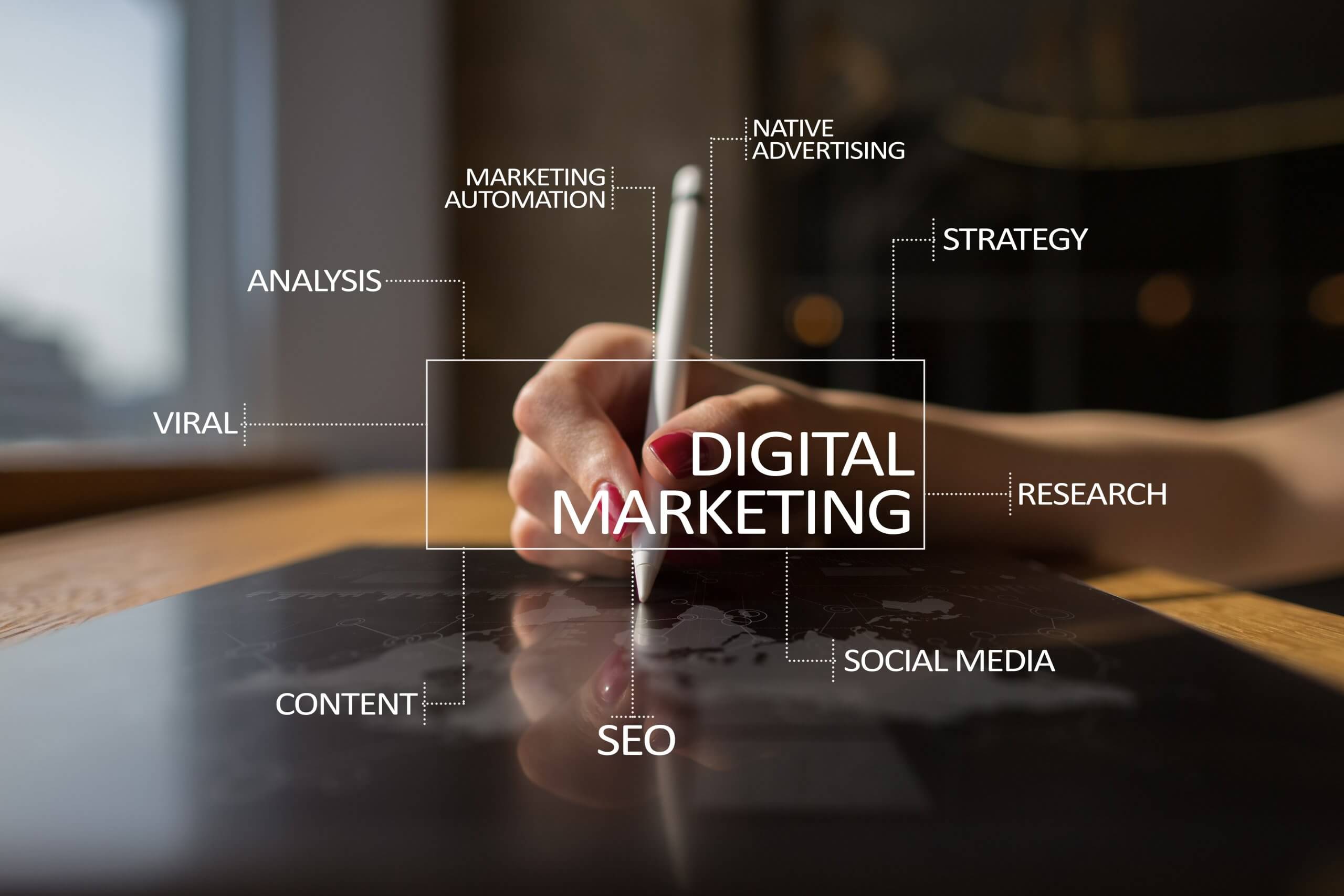
Powered by Harvard Business Publishing, this module covers fundamental concepts, theories, and frameworks in marketing. Digital technology has changed how consumers search for information, buy products and services, and interact with companies and each other. These technologies also have made it possible for companies to understand better their customer’s decision journeys and subsequent word-of-mouth recommendations. Digital marketing requires new approaches to reach and engage consumers. This module highlights four key elements of digital marketing: outbound marketing (search advertising, display ads, and video ads), inbound marketing, social media networks, and mobile technology. The module explores each element, explaining relevant tools and how to assess their effectiveness. It also covers advanced topics such as online-offline interaction, managing search ads and bidding for keywords, assessing the effectiveness of digital campaigns, and linking measurements to customer lifetime value (CLV). This module contains an Interactive Illustration, “Search and Display Advertising ROI,” which helps students understand the relationships among measures of the efficiency of search and display advertising, as well as the dependence of advertising campaign profit and ROI (return on investment) on its measures of efficiency. The module also contains links to four video clips on the implementation of digital marketing techniques, including “Coca-Cola Hong Kong Multiscreen Ad Campaign,” a creative combination of TV and mobile marketing; “HubSpot CEO Interview on Inbound Marketing,” about the importance of creating noteworthy content that will attract customers; “United Breaks Guitars,” an example of negative word of mouth via social media; and “Advertising Symbiosis: The Key to Viral Videos,” describing why certain customers are likely to share ads.
Learning Objectives
- Understand trends in digital marketing.
- Examine the use of digital technologies to reach consumers via video, search, and display ads (outbound marketing).
- Examine the use of digital technologies to draw in customers via search engine optimization and content sites (inbound marketing).
- Examine the use of social media to listen to consumers and amplify marketing messages.
- Better understand the impact of mobile technology on consumer engagement and marketing strategy.
- Learn methods for assessing the effectiveness of digital marketing.
Delivery Method
Online
Credential
Certificate of Compeltion
Number of Credits
1
Duration
The module will be available for 120 days.


